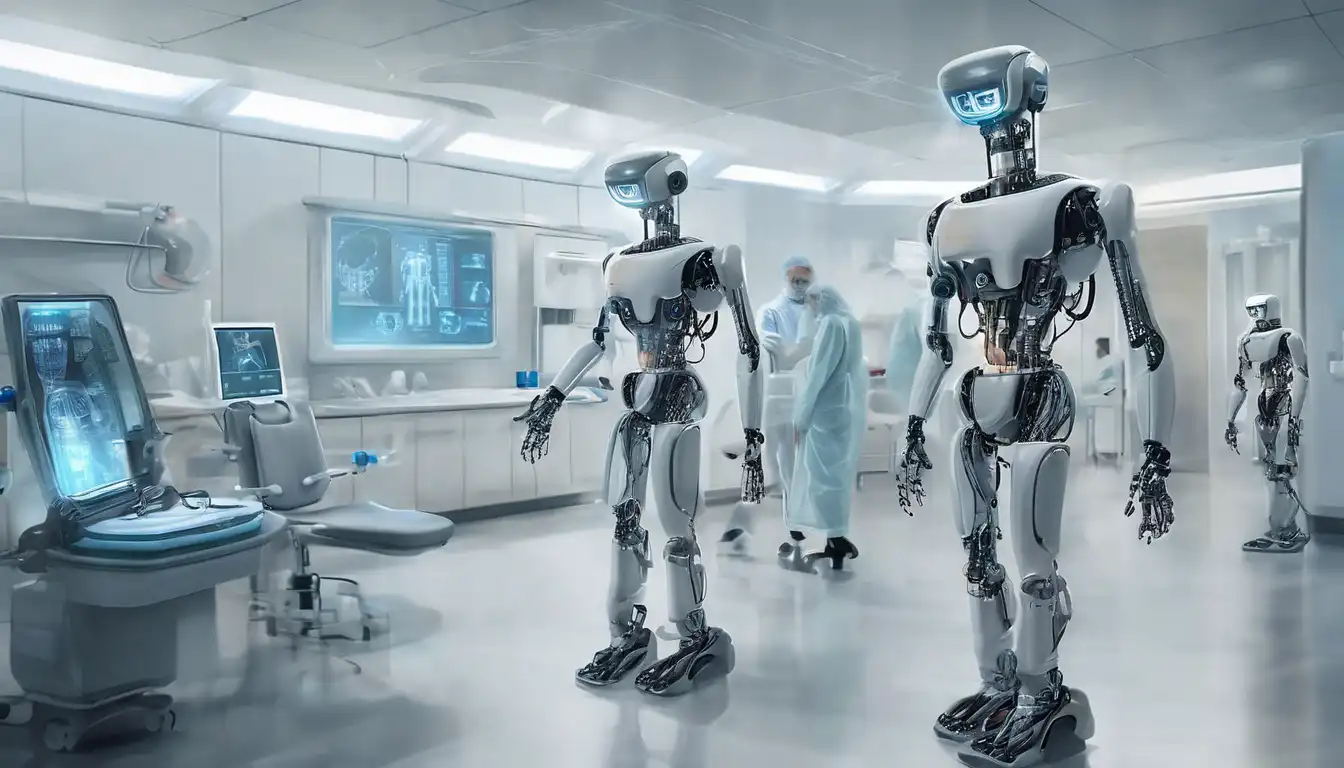The Next Era of Robotics in Healthcare
The integration of robotics into healthcare is transforming patient care, surgical procedures, and rehabilitation processes. This technological advancement is not just a glimpse into the future; it's a present reality that's reshaping the medical field. From robotic-assisted surgeries to automated patient monitoring systems, the potential for robotics in healthcare is boundless.
Robotic-Assisted Surgeries: Precision and Efficiency
One of the most significant contributions of robotics in healthcare is in the realm of surgery. Robotic-assisted surgeries allow for unparalleled precision, reducing human error and improving patient outcomes. Surgeons can perform complex procedures with more accuracy, flexibility, and control than ever before. This not only minimizes recovery times but also reduces the risk of complications.
Automated Patient Monitoring Systems
Another area where robotics is making a mark is in patient monitoring. Automated systems can track patient vitals around the clock, alerting healthcare providers to any changes that may require immediate attention. This continuous monitoring ensures that patients receive timely care, significantly improving their chances of recovery.
Rehabilitation Robotics: A New Hope for Patients
Rehabilitation robotics is offering new hope to patients recovering from strokes, spinal cord injuries, and other conditions that affect mobility. These robotic devices assist patients in regaining strength and mobility, providing a level of consistency and patience that human therapists cannot match. The result is a more efficient and effective rehabilitation process.
The Future of Robotics in Healthcare
The future of robotics in healthcare is bright, with ongoing research and development paving the way for even more innovative applications. From nanorobots that can deliver drugs directly to diseased cells to robotic exoskeletons that enable paraplegics to walk, the possibilities are endless. As technology continues to evolve, so too will the role of robotics in healthcare, offering new ways to save lives and improve patient care.
For more insights into how technology is transforming healthcare, explore our technology in healthcare section.
Challenges and Considerations
Despite the numerous benefits, the integration of robotics into healthcare is not without its challenges. High costs, the need for specialized training, and ethical considerations are just a few of the hurdles that need to be addressed. However, as technology becomes more accessible and healthcare professionals become more familiar with robotic systems, these challenges are likely to diminish.
The journey of robotics in healthcare is just beginning. With each advancement, we move closer to a future where technology and medicine work hand in hand to provide the best possible care for patients worldwide.
